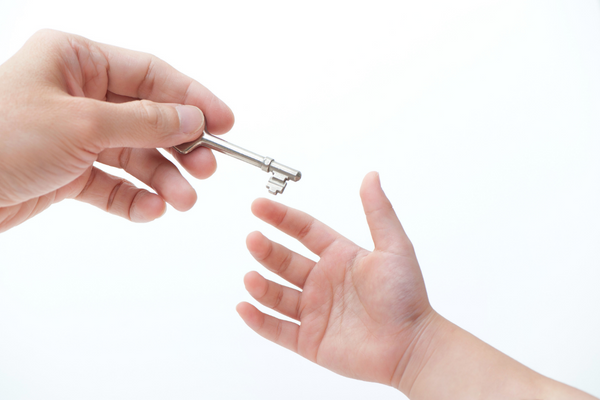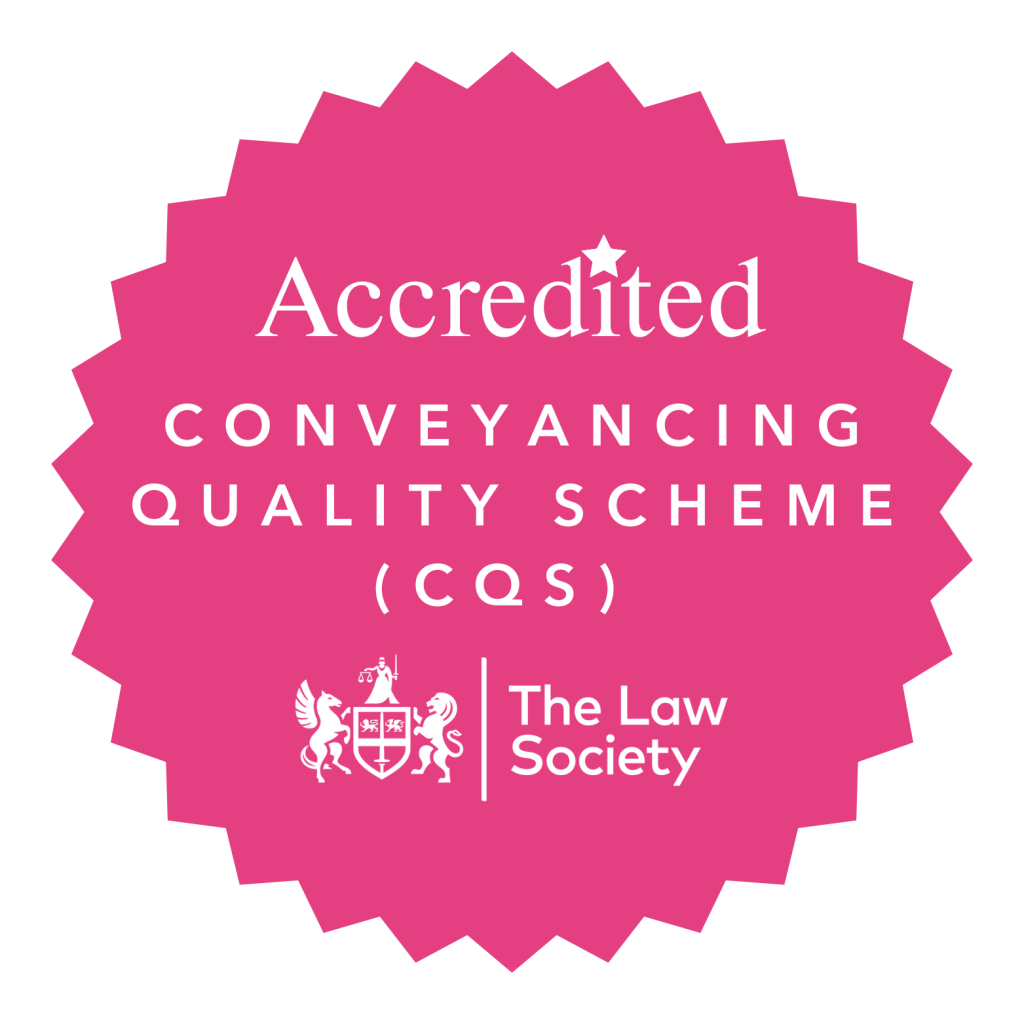What is a trust?
Trusts, famously used by the families of both Tony Blair and George Osborne, amongst thousands of others, are a perfectly legal way to help individuals pass wealth down the generations.
Before you worry that you are about to get sucked into a tax avoidance scandal, Trusts have been used since the Crusades, and long out date any current tax law. They were originally designed for knights who left their property
“under trust” to be looked after until their return.
How can they help?
All individuals can gift assets (including property, shares, and money) and place them outside the estate for inheritance tax purposes, as long as they live for seven years after making the gift. This means that they are no longer subject to standard inheritance tax. Normally, any assets in an inheritance and worth more than £325,000 are taxed at up to 40%.
With this in mind, it makes sense to arrange Trusts as early as possible, to avoid missing the seven-year window. This is often when people have concerns, for example, they may be reluctant to hand over control of a £200,000+ share portfolio to a child who is still at university, or they may ask about the possibility of making changes in case of a divorce.
This is one of the major advantages of a Trust. They allow you to retain a degree of control over assets while you are still alive or after your death if you want your inheritance passed on when the beneficiary reaches a certain age.
For example, with an “interest in possession” trust, you can place property in the trust and give a son or daughter the right to live in the property without being able to sell, until a time that you stipulate, such as when the children are 25, or when you die. As a reminder though, the asset is only outside of your inheritance tax once seven years has passed.
Alternatively, you can set up a trust via a will to ensure that, after your death, a second husband or wife benefits from assets while they are alive but also that they will be passed on to children from your first marriage, for example, after his or her death.
Whereas, if you were to gift the property/any other assets directly, you lose control over them immediately.
What about taxes?
Different trusts are taxed differently, so you should always seek advice on this matter. It is important to note that there is an immediate 20% inheritance tax charge on assets placed in most types of trusts worth more than £325,000. Should you die within seven years of making the gift, up to 20% more has to be paid, and then it reduces the longer you live.
This was updated in 2006 to clamp down on inheritance tax avoidance. However, you can place £325,000 worth of assets in the trust every seven years and pay no tax. There are several other types of Trust you can create, each with their own pros and cons however they are certainly an avenue worth exploring if you are considering leaving assets to loved ones.
If you’d like further advice with regards to any aspect of inheritance, then call us on 01727 858807.
Post a comment
You must be logged in to post a comment.















